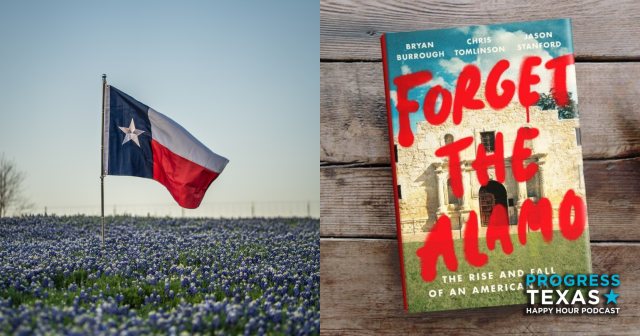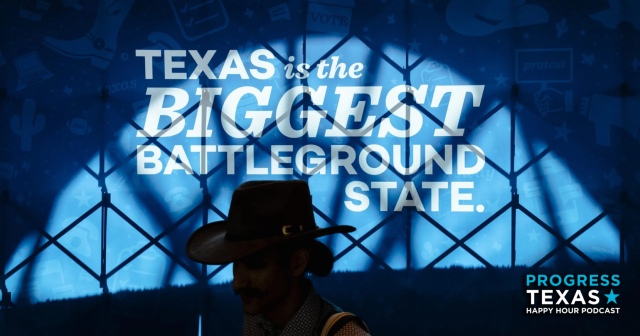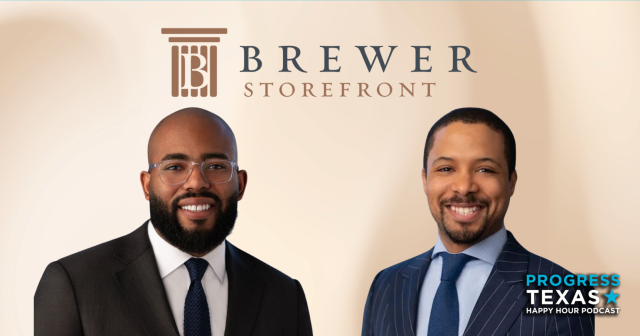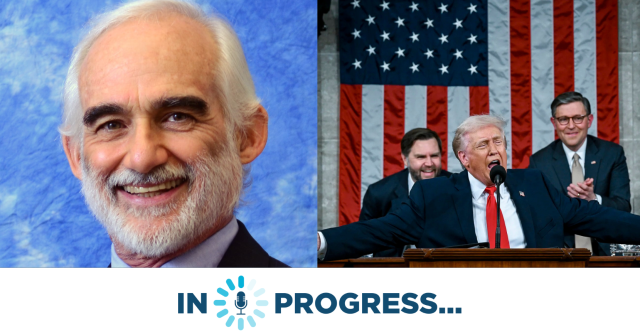Supreme Court Decisions We’re Watching for in June

Abortion and crisis pregnancy centers
NIFLA v. Becerra: The case involves a law passed in California in 2015 — the Reproductive FACT Act — regulating crisis pregnancy centers (CPCs), fake women’s health clinics that exist to manipulate women from having an abortion. Under the law, CPCs are required to post information about affordable abortion and contraception services offered by the state and disclose whether or not they are a licensed by the state. A network of CPCs sued the state over the FACT Act, arguing that the government is violating their First Amendment right to free speech by requiring them to post information about abortion. In Texas, the Republican-controlled legislature has been funnelling millions of taxpayer dollars to unregulated and unlicensed CPCs for more than decade. At issue in this case is whether these CPCs have the constitutional right to lie to women about health care.
LGBTQ equality
Masterpiece Cakeshop v. Colorado Civil Rights Commission: The case involves a Colorado anti-discrimination law prohibiting public accommodations — including businesses open to the public, like Masterpiece Cakeshop — from refusing service based on sexual orientation. The Court will determine whether the First Amendment allows a Colorado bakery to deny service to a gay couple — essentially, as The Nation explains, whether “laws protecting the civil rights of historically marginalized groups can violate the free-speech rights of the people who refuse to serve them.”
Redistricting and voting rights
-
Abbott v. Perez: Beginning in 2011, a group of voters in Texas joined civil rights organizations representing African-Americans and Latinos to file a series of lawsuits alleging Texas’ congressional and state house plans violated the Constitution and Section 2 of the Voting Rights Act. The Court will decide whether Republicans in the Texas legislature discriminated against Latino and Black voters — to intentionally weaken their voting power — when drawing two congressional districts and a host of state house districts. Two lower courts have already ruled against Texas. This racial gerrymandering case could have a huge impact on the state’s political maps and how they can be drawn in the future and long-term ramifications for voters, elected officials, and democratic representation across the state.
-
Gill v. Whitford: The Court will decide whether Wisconsin’s partisan gerrymandered map of state legislative districts constitutes an unconstitutional attempt to lock a political party in power. A Court decision ruling partisan gerrymandering unconstitutional could set a standard that would have significant impact on redistricting efforts nationwide, ahead of the next round of redistricting following the 2020 Census.
-
Husted v. A. Philip Randolph Institute: At issue in this case is whether the removal of tens of thousands of Ohio voters from the state’s voter list violates federal law . Under Ohio’s aggressive voter purge rules, voters who have failed to vote in two election cycles and also fail to confirm their address are automatically purged from the state’s voter rolls. Ohio’s purge program has disproportionately impacted voters of color — particularly Black voters — according to a Reuters study.
Workers’ rights
-
Epic Systems Corp v. Lewis: The case — which was decided by the Court in May — considered whether class-action waivers and forced arbitration agreements employees must sign as a condition of their employment violate the National Labor Relations Act. In a 5-4 decision, the conservatives on the Court ruled an employer can force employees to waive their rights to bring class-action lawsuits by signing these agreements. The ruling could weaken workplace protections, making “it easier for employers to maintain unfair or even unlawful employment structures and salary systems.”
-
Janus v. AFSCME Council 31: At issue in the case is whether public sector unions can charge non-member workers who benefit from collective bargaining “fair-share” fees. As the New York Times uncovered, the network targeting these working people unions is made of of well-coordinated, deep-pocketed conservative donors and activists. The outcome of this case could affect the operations and viability of public unions and the organized labor movement. According to the Texas AFL-CIO, while Texas has had a "right to work" law on the books for decades — meaning virtually all union members must join voluntarily — “the Janus case could harm Texas workers by weakening unions that operate across the nation.”
Immigration
-
Trump v. Hawaii: The Court will decide whether Trump’s ban on travel to the US from several predominantly Muslim countries is unconstitutional. After campaigning on promises of implementing a Muslim ban, Trump has put forward three versions of the travel ban — and lower courts have ruled against all three, finding they violated federal immigration law and the Constitution’s bar on religious discrimination.
DONATE
Your donation supports our media and helps us keep it free of ads and paywalls.








